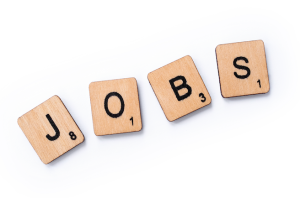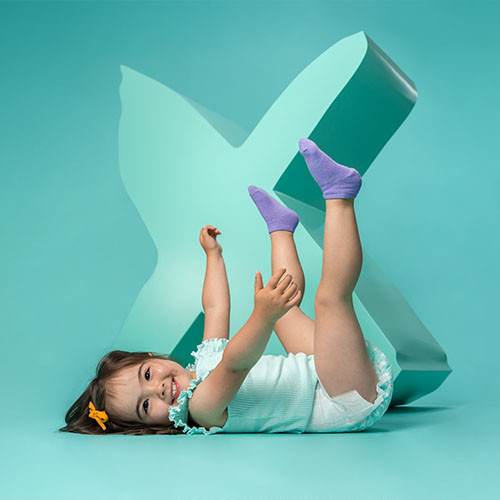NielsenIQ GfK’s Emma Wade discusses the impact of the sustainability trend on the Baby Care category.
The first half (H1) of 2024 was positive for Total Baby Care. Value was up 3% on H1 2023 – the highest we have seen since the pandemic. Volume sales were more stable with a small decline of 1%, reflecting the fall in demand as the birth rate continues to drop. Part of the reason sales value increased in H1 2024 was that consumers were buying premium products and brands. Another is that they chose items made with sustainable materials.
What do consumers think about sustainability?
GfK’s Consumer Life Study (2022) found that 73% of consumers think “it is important that companies take environmentally responsible actions”. Around 36% of consumers – and rising – claim they will select one brand over another if it specifically supports a cause they believe in. This means that brands with clear and easy-to-find sustainability statements have a higher chance of attracting eco-conscious consumers. This is especially important in the Baby Care market as consumers aged between 18-24 are three times more likely to switch brands purchased based on their intrinsic values, compared to those aged 65+.
‘Glamour Green’ shoppers (shoppers who buy green as a badge of honour/status symbol) are also on the rise and account for one in five shoppers in Europe. These consumers are more likely than average to be Millennials or younger, so there’s a greater probability they will be young adults who are looking to or already have children. One of the other biggest findings from this study is that consumers said the biggest barrier to eco-purchases was the price, with half of respondents agreeing that eco-purchases are too expensive.
Car Seats and Strollers
There has been an increase in the availability of both car seats and strollers using recycled materials in their fabrics. Some retailers are entering the pre-loved space, trialling selling refurbished second-hand strollers. As well as appealing to consumers who want to be more eco-conscious, this may also attract those who want a premium stroller but cannot afford a brand-new one. One thorny issue remains with Car Seats: they are hard to recycle when no longer required.
Bottles and Teats
In this segment, there is the option to switch from a standard plastic bottle to a glass bottle. Most glass bottles are sold individually which is an issue for those wanting several items. In GB, the volume of glass bottles purchased has been increasing – albeit slowly – and they represent 2% of the total sales volume of all bottles with a teat. The cost could be a deterrent to increasing sales. In H1 2024, a single plastic bottle cost £4.08. In comparison, a single glass bottle was £10.33 – an increase of 153%.
Highchairs
For eco-buyers, some models grow with the child, starting life as a highchair and changing into a regular chair as the child grows. GfK defines these as evolutive. For a long time, the most popular material for these types of chairs was wood. They claimed a 79% volume share in 2021 when they sold the most units versus 65% in 2024.
Due to inflation, wood-only chairs have become super-premium and consumers are less willing to buy them outside of promotional holidays. As a result, consumers have shifted to highchairs made from a combination of wood and plastic, still premium but more affordable. Currently, an all-wood evolutive chair is around £132, versus a combination model at £107.
Final thoughts
Although the GfK Consumer Life Study found that sustainability is important to consumers, in the Baby Care market, this is still slow to translate into sales. As mentioned in the study, price could be one of the biggest barriers to conversion. However, as some of the categories in the tech and durables industry begin to offer refurbished and pre-loved models, we may see that sector follow the Baby Care market example and introduce them into brick-and-mortar stores.






















